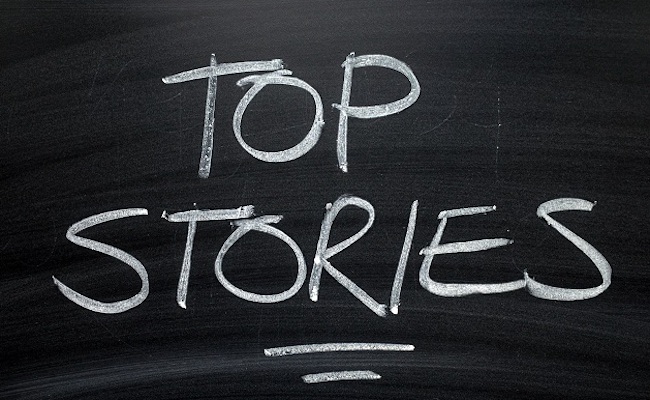Mobile World Live brings you our top three picks of the week as US operators Verizon and AT&T addressed tariff tensions, Ericsson planned to expand its production in India to support local 5G rollouts, and OpenAI set its sights on a Chrome acquisition.
US operators weigh impact of Trump’s tariffs
What happened: Top executives at Verizon and AT&T addressed the potential impact of the US administration’s proposed tariffs during their Q1 earnings calls, but indicated they remained confident in managing them.
Why it matters: Verizon CEO Hans Vestberg stated the company’s supply chain had proven resilient during the Covid-19 pandemic and it was prepared to manage future disruptions. Vestberg also noted that only a small portion of the company’s $18 billion capital expenditures was exposed to tariffs, and any price increases in handsets would be passed on to customers. Meanwhile, AT&T CEO John Stankey dubbed the Trump administration’s trade policy as “laudable” for promoting fairer global trade and domestic manufacturing but acknowledged that tariffs could raise costs for devices and network equipment. He added the operator is prepared to absorb these within its 2025 financial guidance.
Ultimately, despite potential tariff impacts, both operators remain optimistic about their financial outlooks, with AT&T also reporting strong growth in its mobility and wireline services during the quarter.
Related Articles
Verizon CEO shrugs off possible impact of Trump tariffs
Ericsson to bolster India manufacturing
What happened: Ericsson announced plans to manufacture all passive telecom antennas for the Indian market locally by June 2025, in partnership with software company VVDN Technologies.
Why it matters: The company stated that the move will aid India’s ongoing 5G deployments while enhancing its ability to respond more swiftly to changing market demands both regionally and globally. The move aims to compress time-to-market by aligning product development more closely with regional customer needs. In addition to supporting local operators, the vendor intends to export a large share of the units produced in India, positioning the country as a key strategic hub in its global manufacturing network, which includes Mexico, Romania, and China. According to Nitin Bansal, Ericsson India MD, the localisation of production ensures “faster deployment, increased responsiveness, and stronger protection for its customers against environmental or external disruptions”.
Related Articles
OpenAI signals interest in Google Chrome buyout
What happened: During a court case between the US Department of Justice (DoJ) and Google over alleged monopolistic practices in online search, an OpenAI executive revealed the company would be interested in acquiring Google’s Chrome browser should it be made available due to antitrust action.
Why it matters: Although Google has not expressed interest in a sale of its browser, Nick Turley, ChatGPT’s head of product, stated that Chrome could enhance the chatbot’s performance. He also confirmed OpenAI had unsuccessfully sought access to Google’s search technology last year. Daniel Trick, head of content at SEO company Fatjoe told CNET, the potential move could shift user behaviour away from traditional web search and toward conversational interfaces. If the ChatGPT-maker were to acquire Chrome, “it would combine the power of an LLM with the familiarity and user friendliness of Chrome, probably making it the most powerful browser and LLM on the market”. While Trick predicted that Google would be unlikely to agree to a buyout soon, the DoJ’s proposed remedies involve forcing Google to share search data with competitors.
